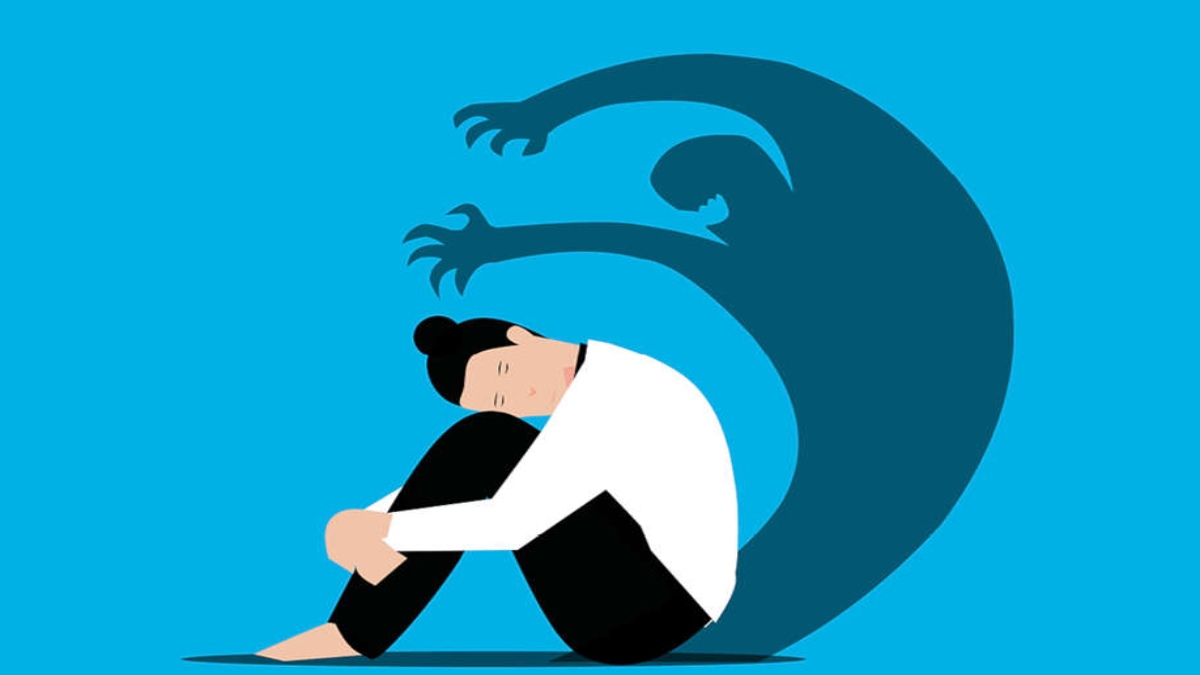


When, in 2020, the Covid-19 outbreak forced the closure of all businesses, including shops, restaurants, and theatres. when it was prohibited to interact with friends and family. Lessons used to need to be taught in the kids’ rooms at home. when going on vacation was not even a possibility.
The majority of people nowadays seem to have forgotten about these times. However, it’s possible that many individuals have gone through severe stress as a result of the numerous corona measures that lawmakers have adopted. These factors—fear for the job, worry about sick family members, anxiety when parents and kids share a small flat, and the need to manage working from home and homeschooling—have not gone unnoticed, as shown by numerous studies.
In the first year of the COVID-19 pandemic, how and how much have these encounters impacted both women and men’s mental health and quality of life?
This has been examined by a research team from the university and the university hospital in Würzburg. The scientists were particularly interested in how a person’s personal mental-health”>mental health difficulties, such as anxiety and depression, and their overall quality of life, and how they are influenced by the support from friends or at work. They also wanted to discover if men and women found different things.
The results are clear: Anxiety plays a significant role in this complex of various variables and affecting factors. However, there are definite gender-specific variations: “In contrast to women, men experience an increase in anxiety as well as worries about their jobs. However, we were able to observe a corresponding rise in women’s anxiety levels and their concerns for friends and family, according to Grit Hein. The study also demonstrates that women in these circumstances respond well to help from friends and family by reporting an improved quality of life. This phenomenon did not show up in men.
Professor of Translational Social Neuroscience Grit Hein works at the University Hospital’s Clinic and Polyclinic for Psychiatry, Psychosomatics, and Psychotherapy. The study was directed by her and her postdoc Martin Weiß, and the findings have just been released in the journal Scientific Reports.
“In the past, various studies have examined the impact of psychosocial factors on mental health and the quality of life, such as support from friends and coworkers and financial, professional, or personal issues. However, there was a dearth of information regarding whether these correlations apply equally to men and women, according to Grit Hein, who provides the study’s context. The Würzburg study team has therefore now looked at the impact of these characteristics in regard to gender, expanding past findings.